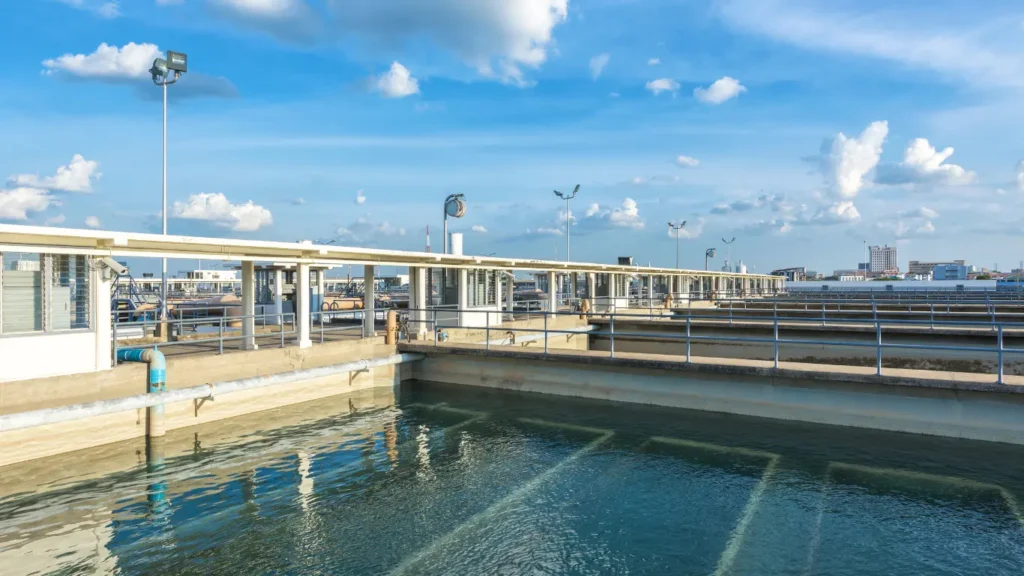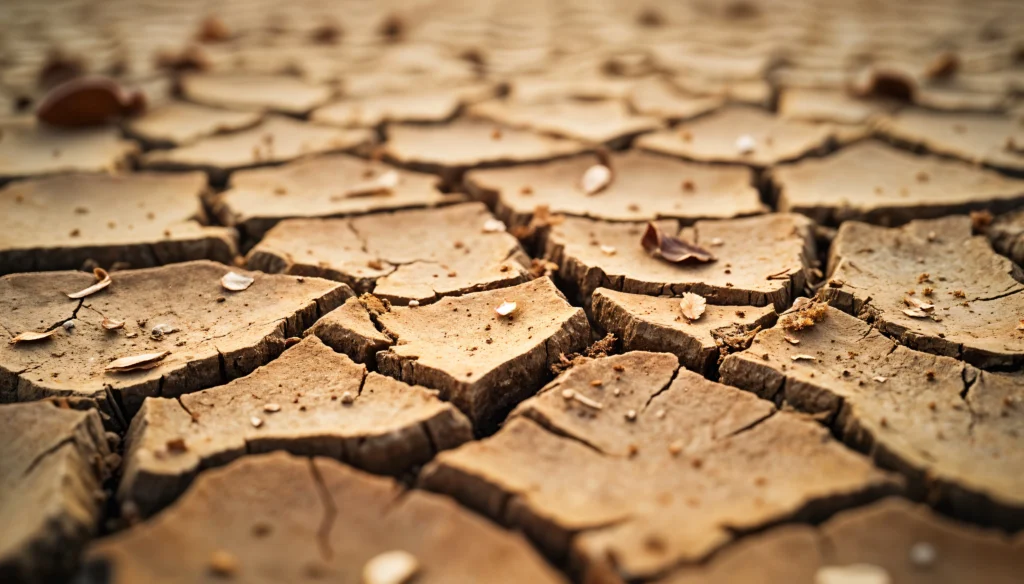Saudi Arabia, known for its vast deserts and arid landscapes, is facing a severe water crisis that poses significant challenges to its population, agriculture, and economic development. The Kingdom’s water scarcity issues have reached critical levels, prompting urgent discussions around sustainable solutions. As a leading water treatment brokerage, we are dedicated to addressing these water crisis issues through innovative technologies, including Zero Liquid Discharge (ZLD) systems. In this blog, we will explore the extent of Saudi Arabia’s water crisis, its causes, and the role of ZLD technologies in mitigating the effects of this pressing problem.
Understanding the Water Crisis in Saudi Arabia
Saudi Arabia is recognized as one of the most water-scarce countries in the world, facing significant water supply challenges due to its average annual rainfall of just about 3 inches and a rapidly growing population exceeding 35 million. The water crisis is intensified by several factors. Firstly, the Kingdom has one of the highest per capita water consumption rates globally, driven by various sectors such as agriculture, domestic use, and industrial activities. Agriculture alone accounts for approximately 80% of the country’s water supply, primarily due to the cultivation of water-intensive crops in a naturally arid environment. Secondly, Saudi Arabia relies heavily on groundwater extracted from underground aquifers, many of which are being depleted at an alarming rate, leading to a long-term sustainability crisis. Over-extraction not only diminishes the available water supply but also contributes to land subsidence and declining water quality. Lastly, climate change poses an additional threat to the Kingdom’s water supply, with rising temperatures and changing rainfall patterns resulting in increased evaporation rates and unpredictable water availability. Consequently, Saudi Arabia faces growing uncertainty about its future water supply.
Transform Saudi Arabia’s Water Future—Explore Innovative ZLD Solutions Today!
The Impact of the Water Crisis on Society and the Economy
The implications of the water crisis in Saudi Arabia extend beyond mere shortages, affecting various aspects of life in the Kingdom. One significant impact is on food security; as agriculture heavily depends on limited water resources, the production of staple crops is threatened, potentially leading to increased food prices and greater reliance on imports, which undermines national food security. Additionally, water scarcity poses health risks, as inadequate access to clean water can result in poor sanitation and hygiene, heightening the risk of waterborne diseases. This situation can have severe health implications for communities, particularly in rural areas. Furthermore, water scarcity poses challenges to economic development, as water is essential for industrial processes and overall economic growth. Industries that rely on water face operational difficulties due to scarcity, which hinders economic development and job creation.
Innovative Solutions: Zero Liquid Discharge (ZLD) technologies

Addressing Saudi Arabia’s water crisis requires innovative solutions that maximize water use efficiency and minimize waste. Zero Liquid Discharge (ZLD) technologies represent a promising approach to achieving these goals.
What is ZLD Technology?
ZLD technologies are designed to eliminate liquid waste and recover valuable resources from wastewater. By treating and reusing water, ZLD systems minimize the environmental impact of industrial processes while ensuring a sustainable water supply.
Benefits of ZLD Technologies in Saudi Arabia
- Water Recycling: ZLD systems enable the recycling of wastewater for reuse in industrial processes, agriculture, and even potable applications. This capability is essential for countries like Saudi Arabia, where freshwater resources are limited.
- Resource Recovery: ZLD technologies facilitate the recovery of valuable byproducts, such as salts and minerals, from wastewater. These resources can be repurposed in various industries, contributing to a circular economy.
- Reduced Environmental Impact: By minimizing liquid waste and preventing pollutants from entering water bodies, ZLD systems help protect the environment and maintain ecological balance.
Transform Your Water Management With ZLD Technologies—Contact Us Today!
Applications of ZLD Technologies in Saudi Arabia
Zero Liquid Discharge (ZLD) technologies have been successfully implemented across various sectors in Saudi Arabia. In the oil and gas industry, which is a significant water consumer and often generates large quantities of wastewater, ZLD technologies can help companies effectively manage water resources while minimizing their environmental footprint.
Additionally, with the Kingdom making substantial investments in desalination, ZLD systems can enhance the efficiency of these plants by recovering and reusing brine and other byproducts. The mining and mineral processing industries can also benefit from ZLD technologies, as they enable sustainable water management practices in water-scarce regions by addressing the water used in extraction processes. Given the urgency of Saudi Arabia’s water crisis, immediate attention and action are required. By understanding the complexities of water crisis issues and implementing innovative solutions like ZLD technologies, the Kingdom can move toward sustainable water management.
